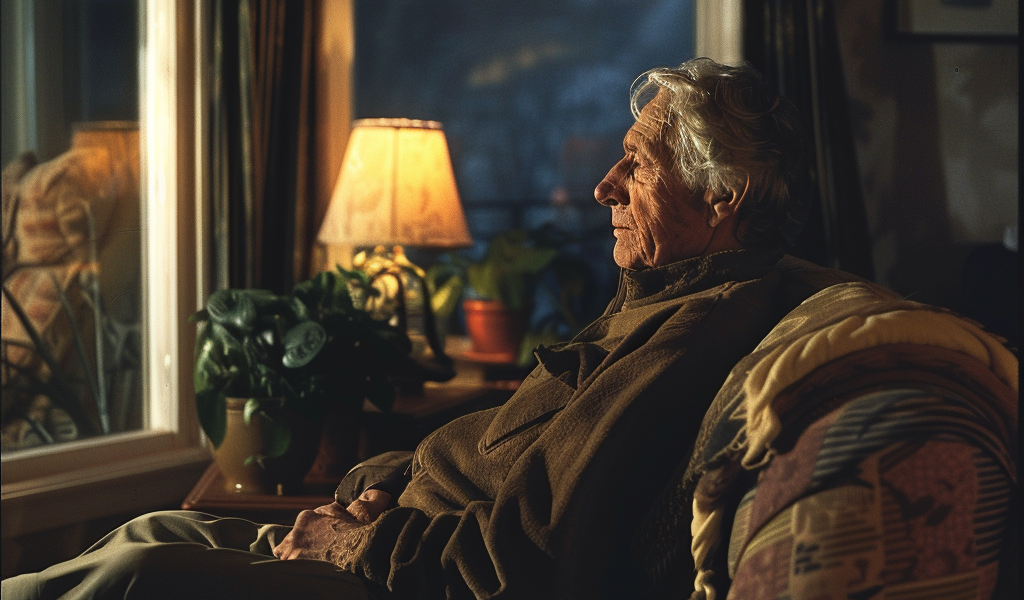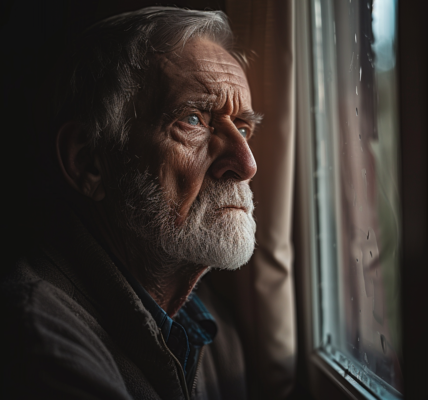According to new research from the University of Colorado Boulder, more than half of older adults in the United States are still spending increased time at home and are socializing less in public spaces post-pandemic. The study, led by Jessica Finlay, an assistant professor of geography, revealed that fear of infection and uncomfortable social dynamics are the primary reasons for this shift in social patterns.
The research, conducted as part of the COVID-19 Coping Study, involved nearly 7,000 participants aged 55 and above from all 50 states. The study aimed to understand the lasting impacts of the pandemic on the social and built environments that impact the health of aging Americans.
Findings from the study, published in the journal Wellbeing, Space and Society, indicate that 60% of respondents reported spending more time at home, with 75% dining out less and 62% visiting cultural and arts venues less frequently. Additionally, more than half of the participants stated that they attend church or the gym less often.
The research also highlighted the long-term consequences of these changes on the physical, mental, social, and cognitive health of older adults. According to Finlay, the pandemic has fundamentally altered neighborhoods, communities, and everyday routines, particularly for aging Americans, leading to increased isolation and its associated health impacts.
As the U.S. Surgeon General recently referred to it as an ‘epidemic of loneliness,’ the study emphasizes the vulnerability of older adults, especially those who are immune compromised or have disabilities, to the effects of prolonged social isolation.
The ongoing research, which includes annual open-ended surveys, aims to capture the evolving experiences and opinions of older adults as they navigate the post-pandemic world. The study’s findings shed light on the need for targeted interventions and support systems to address the social and health challenges faced by older adults as they continue to cope with the aftermath of the pandemic.





